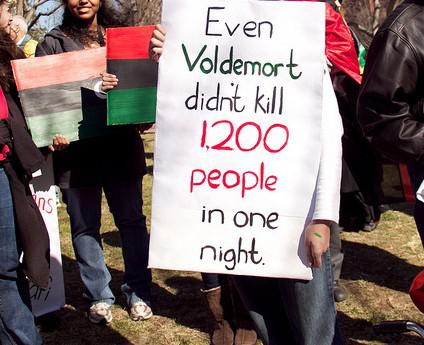Happy Friday! I hope you all had a good week. I spent a lot of time in what my family calls "house manager" mode this week - phone calls, grocery shopping, bills, etc., along with school and work. So, a pretty tame week I suppose.
Of course, the UK took care of that feeling last night. APW's point has really stuck with me:
now scores of people—including those who graduated college a month ago and thought they were entering into an exciting, open new world—can’t travel or work in 27 countries! When 75 percent of those ages 18-24, 56 percent of those 25-49, 44 percent of those 50-64, and 39 percent of those 65 and older voted to remain, it’s a little hard not to be super pissed that older generations are making decisions that my contemporaries and our children will have to live with for decades
Now, granted, people in the UK will still be able to travel, at least for pleasure, though it will be more complicated than it's been. But I think the point is still a valid one. It's especially upsetting in the face of reporting about how people didn't know what they were voting about.
Other things worth clicking on:
An online calculator that determines the cost of being a stay-at-home parent. Whether this applies to your situation or not, Go Look. The dollar amounts are staggering. To me, they add up to a million (more) reasons to institute paid family leave, flexibility, affordable and high-quality childcare, and compassion.
I haven't gotten through the whole series yet, but a reporter spent four months working as a guard in a private prison and then wrote about it. Journalists aren't welcomed in prisons, so this was his "in." The editor's letter is worth a read as well.
In lighter news, this week, winners from the kitchen included no-bake energy bites (if you make them, use jarred pb, not the grind-your-own-kind, as it didn't seem to have enough oil to hold together), veggie pad thai (warning: crashy website), and pasta "alfredo."
This made me happy. Still not on Snapchat, but it was the best reason I've seen thus far.
A school library in rural California asks for Just One Book.
This week, I enjoyed reading The Summer Before the War by Helen Simonson, set in England before and during WWI. I'm about halfway through The Confidence Code, which is interesting. I'm hoping for All the Answers in the second half.
My stuff: a bit about the Arab Spring & social media resources for LIS peeps.
Some of these links are affiliate links.





